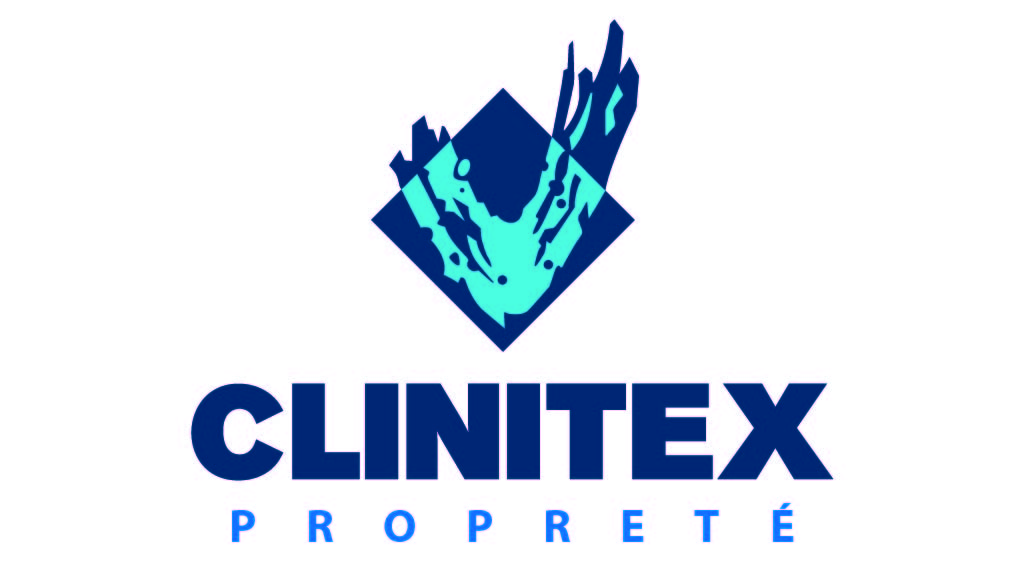



CLINITEX PROPRETE

Hauts-de-France, France
February 2021
Facilities & cleaning services
Service with Significant Environmental Footprint
France
L'entreprise CLINITEX est spécialisée dans la propreté de tous locaux à usage professionnel et pour tous secteurs d'activité. Prestations d'entretien, lavage de vitres, prestations spécifiques, désinfection, bionettoyage et bien d'autres font de CLINITEX une entreprise experte dans son domaine, le nettoyage. En faisant du bien-être des collaborateurs sa priorité, elle observe que cela entraine naturellement la satisfaction de ses clients et la performance économique. Plaçant, au cœur de son développement, des innovations environnementales et sociétales liées à son activité, CLINITEX est aligné avec sa mission, sa vision et ses valeurs. Elle base son management sur des principes inspirés de Maria MONTESSORI, Pierre RABHI et bien d'autres références qui lui font sens. Une philosophie d'entreprise, co-construite en interne et mise à jour régulièrement, résumée par 8 valeurs, sont le ciment des relations internes et externes : Respect, Esprit d'Equipe, Audace, Confiance, Engagement, Responsabilité, Bonne humeur et Droit à l'erreur. The CLINITEX company specializes in the cleanliness of all premises for professional use and for all sectors of activity. Maintenance services, window cleaning, specific services, disinfection, bio-cleaning and many others make CLINITEX an expert company
Overall B Impact Score
Governance 14.5
Governance evaluates a company's overall mission, engagement around its social/environmental impact, ethics, and transparency. This section also evaluates the ability of a company to protect their mission and formally consider stakeholders in decision making through their corporate structure (e.g. benefit corporation) or corporate governing documents.
What is this? A company with an Impact Business Model is intentionally designed to create a specific positive outcome for one of its stakeholders - such as workers, community, environment, or customers.
Governance 14.5
Governance evaluates a company's overall mission, engagement around its social/environmental impact, ethics, and transparency. This section also evaluates the ability of a company to protect their mission and formally consider stakeholders in decision making through their corporate structure (e.g. benefit corporation) or corporate governing documents.
What is this? A company with an Impact Business Model is intentionally designed to create a specific positive outcome for one of its stakeholders - such as workers, community, environment, or customers.
Workers 24.8
Workers evaluates a company’s contributions to its employees’ financial security, health & safety, wellness, career development, and engagement & satisfaction. In addition, this section recognizes business models designed to benefit workers, such as companies that are at least 40% owned by non-executive employees and those that have workforce development programs to support individuals with barriers to employment.
Community 13.9
Community evaluates a company’s engagement with and impact on the communities in which it operates, hires from, and sources from. Topics include diversity, equity & inclusion, economic impact, civic engagement, charitable giving, and supply chain management. In addition, this section recognizes business models that are designed to address specific community-oriented problems, such as poverty alleviation through fair trade sourcing or distribution via microenterprises, producer cooperative models, locally focused economic development, and formal charitable giving commitments.
Environment 25.4
Environment evaluates a company’s overall environmental management practices as well as its impact on the air, climate, water, land, and biodiversity. This includes the direct impact of a company’s operations and, when applicable its supply chain and distribution channels. This section also recognizes companies with environmentally innovative production processes and those that sell products or services that have a positive environmental impact. Some examples might include products and services that create renewable energy, reduce consumption or waste, conserve land or wildlife, provide less toxic alternatives to the market, or educate people about environmental problems.
What is this? A company with an Impact Business Model is intentionally designed to create a specific positive outcome for one of its stakeholders - such as workers, community, environment, or customers.
Customers 2.5
Customers evaluates a company’s stewardship of its customers through the quality of its products and services, ethical marketing, data privacy and security, and feedback channels. In addition, this section recognizes products or services that are designed to address a particular social problem for or through its customers, such as health or educational products, arts & media products, serving underserved customers/clients, and services that improve the social impact of other businesses or organizations.